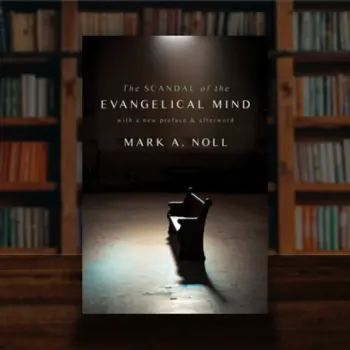Fall is the time for students to put together their applications for graduate school. Many of these applications require an enigmatic-sounding “statement of purpose.” With due regard for differences between disciplines, here are the top three mistakes in statements of purpose by graduate applicants:
1) Failing to be specific enough. “I am interested in the history of colonial and Revolutionary America” is not enough, especially for those applying to a doctoral program. You need to at least tentatively identify a specific topic of research for your dissertation, and name the professor with whom you wish to work. If your writing sample relates in some way to that prospective topic, so much the better.
2) Not doing your homework on the department in question. I have seen doctoral applications where the statement of purpose had no specific comments about why the candidate would be a good fit in that particular department. This looks like you’re just scattering a bunch of applications, but are not bothering to explain your prospective role at the school in question. Similarly, it is not good enough to just scan a list of faculty and pick an advisor based on shared interests. Does that faculty member actually advise graduate students? Has she or he just started their career? Are they exclusively engaged in teaching undergrads? Are they preparing to retire? Make sure that your prospective advisor is really a viable alternative, or your application may go in the trash.
3) Telling a cheesy life story. Sorry to have to put it this way, but graduate committees see far too many statements of purpose that regale the department with stories of a candidate’s undying love for history, birthed when they played Davy Crockett in an elementary school production or some such thing. You really don’t need to tell the committee about your childhood. What you do want to communicate is how your professional interest in the discipline and your particular topic came about.
A graduate applicant is trying to convince a committee that they understand what it means to become a professional academic, and to cast a vision for why they would be an excellent fit in that particular department.
What other suggestions would you include? What mistakes have you made or seen in applications?
[Friends, you can sign up here for my Thomas S. Kidd author newsletter. Each newsletter will update you on what’s happening in my writing and in the world of American religious and political history. It will contain unique material available only to subscribers, and each will help you keep up with my blog posts, books, and other writings from around the web. Your e-mail information will never be shared. Thanks!]
















